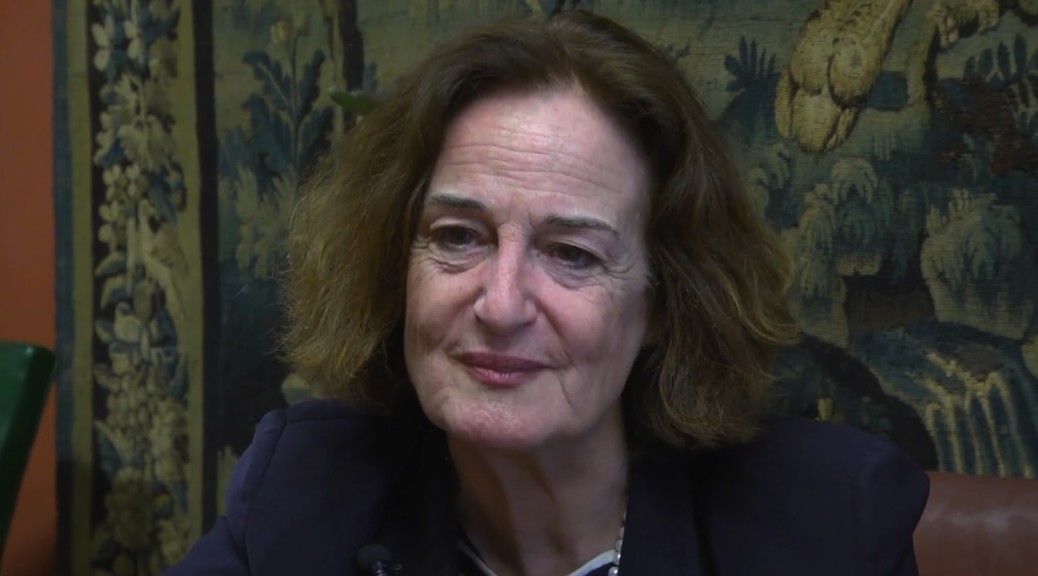VICTORIA DE GRAZIA
Moore Collegiate Professor of History
IRWGS Director, 1994-96
The Arts and Sciences administration reviews departments, but [David] Cohen had begun to set it up as procedure, which would allow them, others, experts to say what we were doing, where’d we come from, what we could do. And that would be the basis to allocate new resources. That was a really big break…We had arguments over outside reviewers. Why did we have to go to Princeton, or other so called peer elite private universities rather than the great state universities. They’re the ones that have the great programs. We don’t know any of these people that you’re bringing in. They’re not women’s studies, they’re part of the apparatus. I remember feeling that this had to be managed.
Jean [Howard] and Martha [Howell] said, “We will write up who we are.” They did a fantastic job. In the end, the outside reviewers came from Princeton. They made strong recommendations that we needed new faculty, we needed resources. It was on that basis that Alice Kessler-Harris would be hired and then a couple of years later, Lila Abu-Lughod. That was a huge movement.
I can remember we had very lively discussions. We had strong committees to choose the people. We had fascinating candidates, just remarkable…it was substantial. What was so gratifying was to see was that somebody like myself could move out, and others coming in…That’s part of the story the unexpected unfolding and growth, and evolution down to the present. It’s just remarkable.

